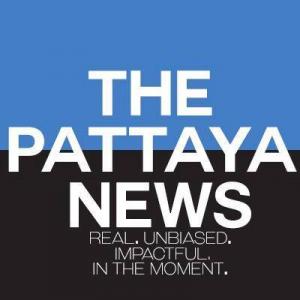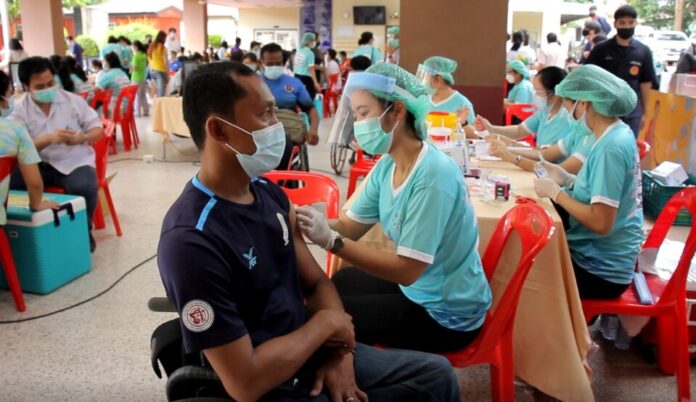Thailand-
A popular question around the world, especially in some Western countries, is what can one do when they are fully vaccinated against Covid-19 that they could not do if they were non-vaccinated.
This goes from removing masks in some settings, especially outdoors, to interacting with more people or feeling confident in visiting more crowded settings or places. Guidance and how these changes differ greatly depending on the country. Israel, for instance, actually requires what is called a “Green Pass” to access certain venues, mostly those for entertainment that tends to be crowded. This pass also allows those who have been previously infected and recovered to enter as well, according to Israeli officials.
Thailand, which has a mask mandate country-wide currently in which one could get charged up to 20,000 baht for not wearing a mask, even alone outside, at a beach, or in a vehicle with your own family, has so far not implemented different guidance. Of course, as of today, March 23rd, 2021, only 2,865,091 out of an estimated close to 70 million people have had at least one Covid-19 shot, not counting “tourists” who enter the country after doing a fourteen-day quarantine currently. Thailand has also implemented strict guidance around meeting other people and socializing and gathering for social reasons is prohibited under the Emergency Decree and Communicable Disease Control Acts. Some provinces, like Phuket and Surat Thani, have been aggressive in breaking up as few as two people hanging out, even in the privacy of their own home, if they are not from the same household.
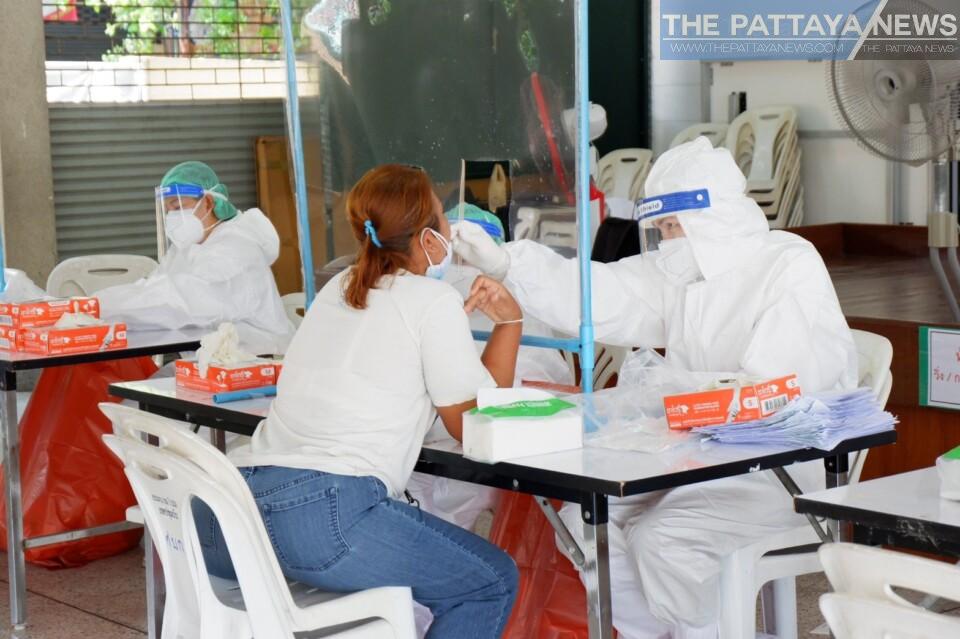
In Pattaya, officials can often be seen running up and down beaches kicking people off of the sand, or breaking up groups of as few as two people, who are mostly family members anyways. All need to wear masks at all times.
For now, the Ministry of Public Health has simply said that once fully vaccinated, despite ample protection against hospitalization and developing serious symptoms from Covid-19 (according to their statements) one must still wear a mask at all times, socially distance, avoid all gatherings, and other precautionary measures.
However, with Phuket stating on a near-daily basis that they are set to proceed forward with welcoming back vaccinated foreign tourists in July, even though details are scarce (you can read more about our editorial on that here) as tourists begin to return it is nearly certain many of them may not be happy, being fully vaccinated and many with high efficacy vaccines like Pfizer or Moderna, to wear masks alone in parks or beaches, or not be able to socialize with other vaccinated people around an alcoholic beverage. This doesn’t even get into other restrictions that are not “tourist-friendly” like the nationwide shutdown on all entertainment venues and the ban of alcohol sales at restaurants which will need to be examined as more people become vaccinated and tourists begin to return.
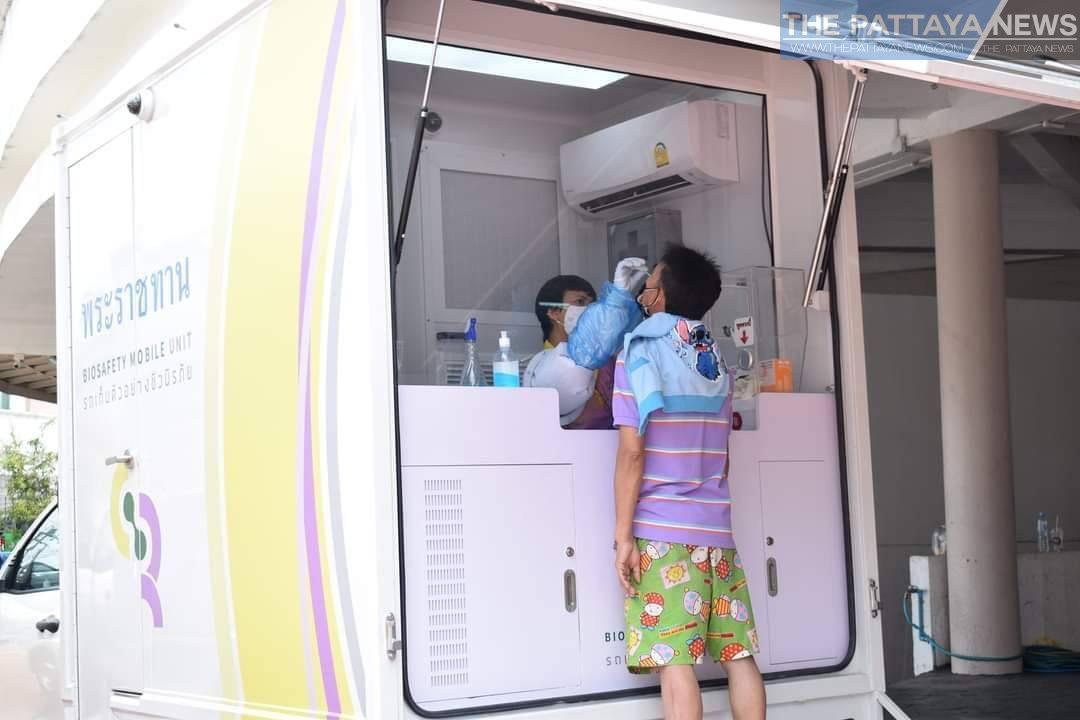
For what it is worth, the Center for Covid-19 Situation Administration in Thailand, or CCSA, is aware of this and has said as the level of people vaccinated increases they will examine guidelines and changes could happen. For tourists to truly return, especially ones from Western countries with “relaxed” rules for vaccinated citizens, this may be something that needs to be looked at sooner than later. The CCSA has not stated anything about requiring proof of a vaccine to enter private businesses, events, or other situations one way or the other but this will likely be a discussion point down the road. However, in a country that quite frankly it is very simple for staff to “look the other way”, especially where money is involved, this will be very difficult to enforce.
Of course, like many countries, a private business can implement stricter restrictions and measures if they wish, although there is some concern from some foreign nationals that this could result in xenophobia towards foreigners.
Many countries have also begun to dispense with measures that are considered theater by some, such as wearing masks alone outside, closing outdoor spaces, disinfecting the air, obsession with cleaning surfaces, plexiglass or plastic screens at restaurants, bans on family members sitting together at tables, check-ins, and check-outs at every location, wearing of masks in personal vehicles alone, temperature checks, obsession around alcohol, and other measures. Thailand, however, has not.
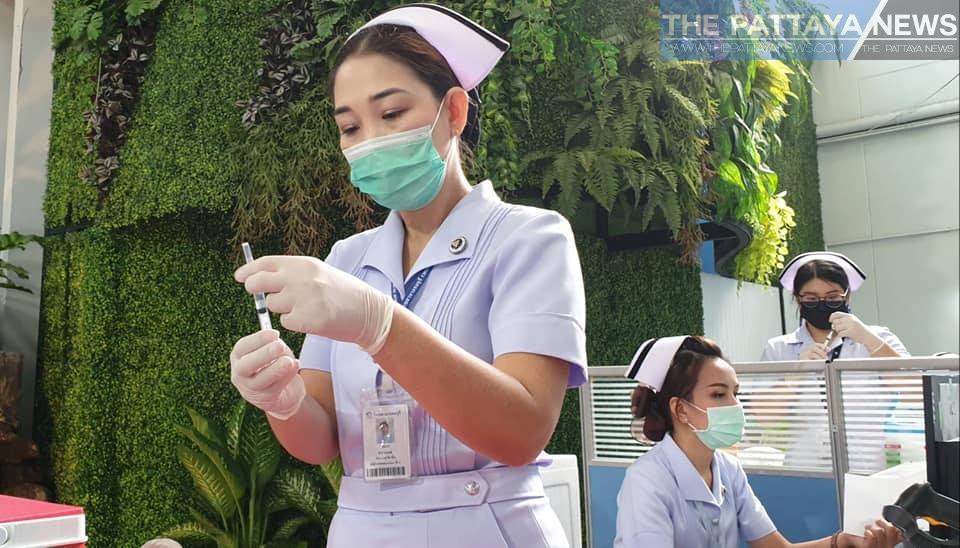
Vaccinated tourists will also likely choose other destinations if all these measures remain, especially if they involve strict tracking measures of the tourist’s movements.
Thailand is seeing a decent amount of vaccine hesitancy, but so far has not done anything on a national scale in terms of announcing relaxed restrictions for vaccinated people or “carrot” style programs in which someone gets something for free or discounted if they get vaccinated. However, some private companies and provinces have offered these items, including even a free cow, which you can read more about here.
For now, Thailand has a lot of other things on its plate than to worry about if vaccinated people should have relaxed rules and measures and with the low level of vaccinated people internally, it is a moot question. However, this question is coming soon, especially from tourists (if and when they return) and the CCSA and officials should put some thought into this sooner than later. Otherwise, tourists may choose other destinations. Reassuring the public from social media influencers and trusted medical professionals will be an important step with any such campaign also so that some Thai nationals don’t see anyone without a mask, especially if that foreigner is vaccinated, as being a threat, etc.
Adam Judd, author info below
